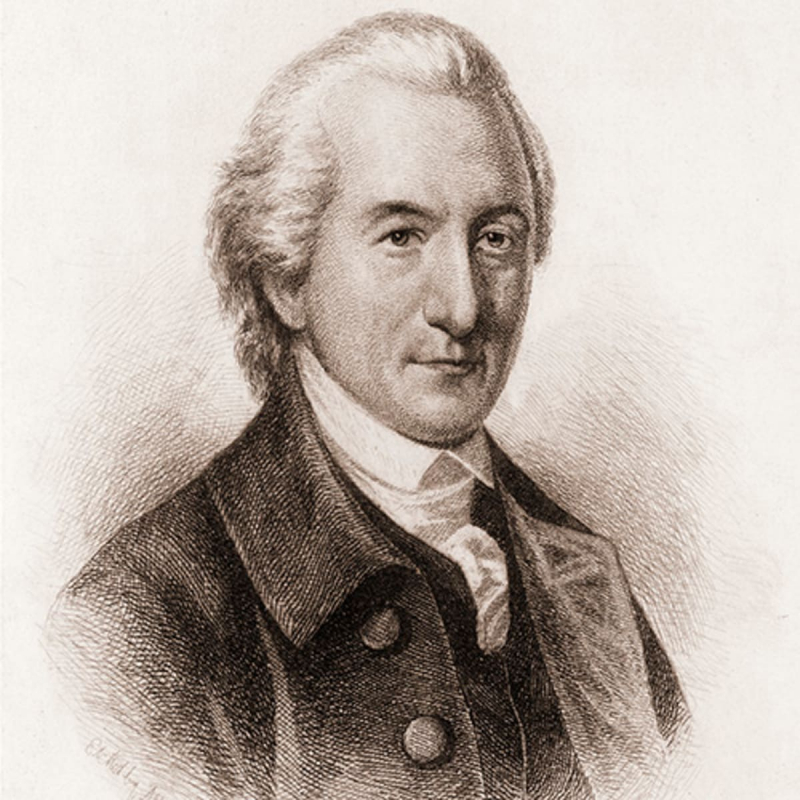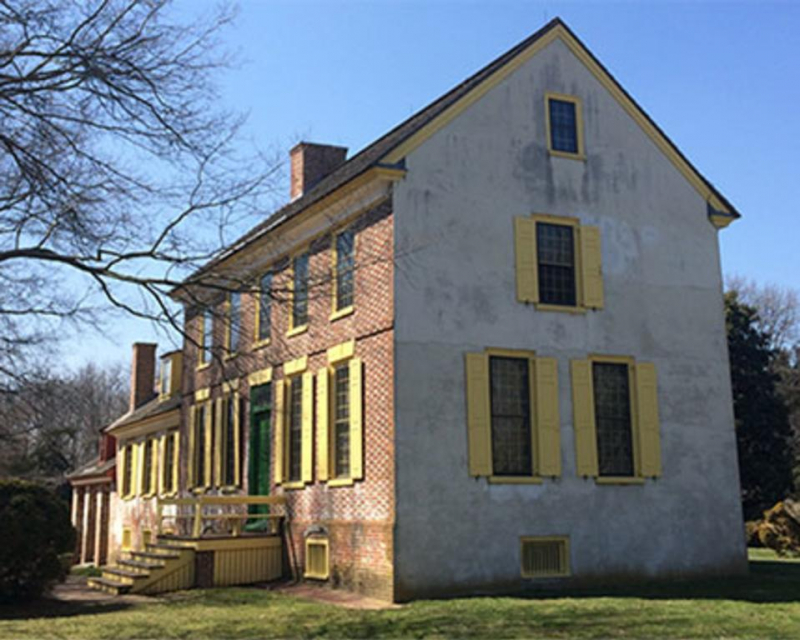John Dickinson was born into an affluent family
One of the interesting facts about John Dickinson is he was born into an affluent family. Dickinson was born on the family's tobacco estate, Croisadore, which is located close to the community of Trappe in Talbot County, Maryland. He was the great-grandson of Walter Dickinson, who moved to Virginia from England in 1654 and, after joining the Society of Friends, traveled to Talbot County on the eastern bank of the Chesapeake Bay with a group of other believers in 1659. Walter started a plantation there called Croisadore, which means "cross of gold," on 400 acres (1.6 km2) along the banks of the Choptank River. In what would become Kent County, Delaware, Walter also acquired 800 acres (3.2 km2) on St. Jones Neck.
Through William, Walter's son, Croisadore was passed down to Samuel, his grandson, who was the father of John Dickinson. Samuel inherited 2,500 acres (1,000 hectares) spread across five farms in three Maryland counties; throughout his lifetime, he grew it to 9,000 acres (3,600 ha). The landholdings rose with each succeeding generation. Additionally, he acquired the Kent County property from his cousin and added to it, running along the St. Jones River from Dover to the Delaware Bay, reaching roughly 3,000 acres (1,200 ha). He started a new plantation there and dubbed it Poplar Hall.
For many years, the Dickinson family had been operating tobacco plantations, and they would later expand their economic empire using slave labor. Samuel and his new family relocated to Poplar Hall, where he had already assumed a prominent position in the neighborhood as Kent County's Court of Common Pleas judge, and he left his other properties and the Maryland plantation to his previous wife's children. These farms were sizable, prosperous agricultural businesses that relied on slave labor until John Dickinson emancipated the Poplar Hall slaves in 1777. On the other hand, John grew up with his father and gained all the knowledge he needed to start his enterprise in the family business. Instead of continuing to cultivate tobacco, they had decided to plant some wheat.










